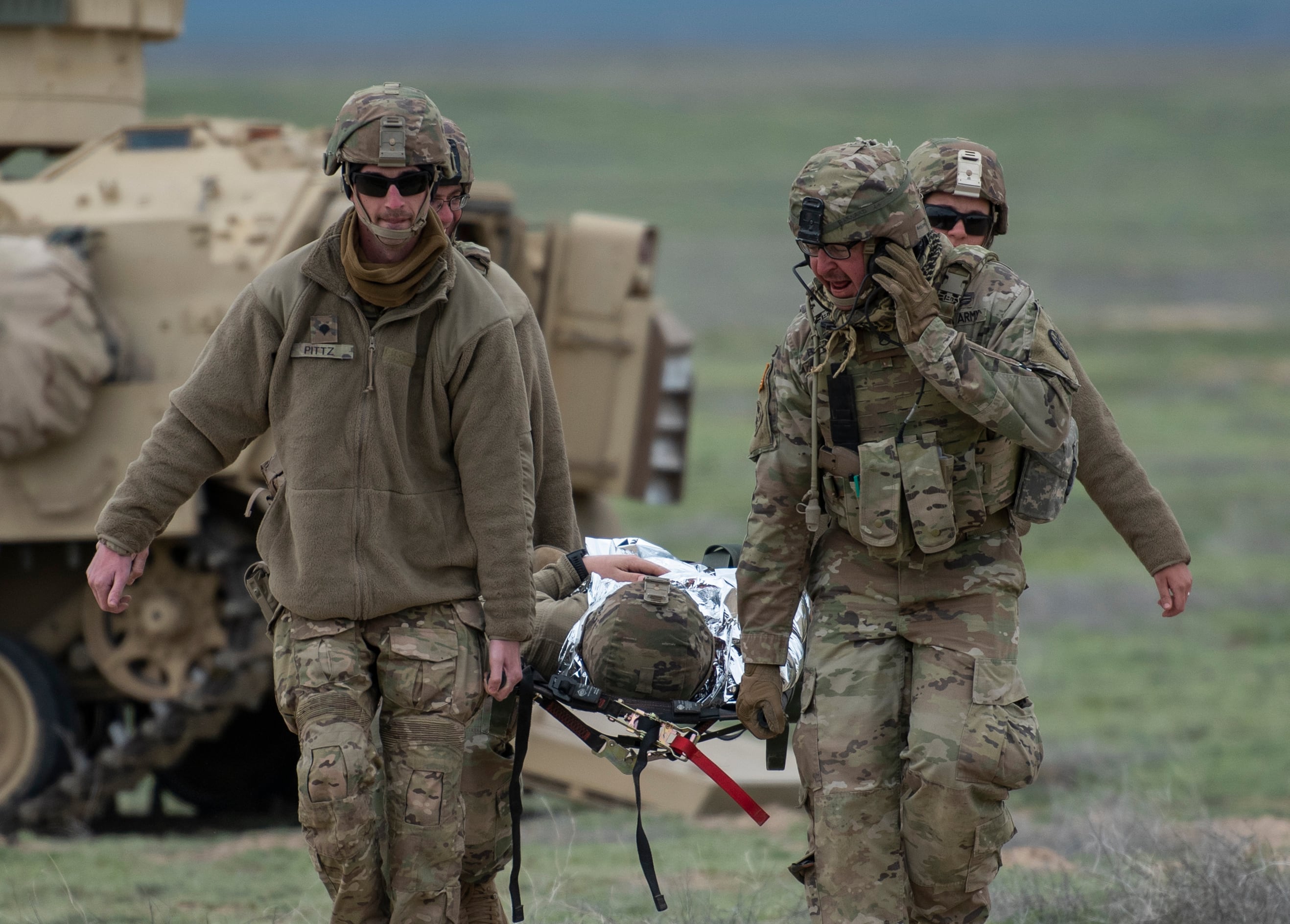The George W. Bush Institute issued a series of policy recommendations last month aimed at helping veterans, service members and their families successfully transition over to civilian life, and getting U.S. military branches closer to recruitment targets they missed or just barely met in 2022.
In a series of articles, Military Times will examine each of these four recommendations:
· The administration should refine a national veterans strategy.
· The DoD should leverage veteran and military family communities to sustain an all-volunteer force.
· The DoD should invest further in the Transition Assistance Program (TAP) for the 21st century.
· The Department of Veterans Affairs and the Social Security Administration should focus on advancing data collaboration.
“After a preliminary review, we believe the recommendations of the George W. Bush Institute would create synergy that will help Service members, their families, and veterans,” said Cmdr. Nicole Schwegman, a Department of Defense spokesperson.
Leveraging veteran and military family communities
The Bush Institute’s second policy recommendation is for the DoD to leverage veteran and military family communities to sustain a fully voluntary force, which it currently does through a variety of military family programs, including the Spouse Education & Career Opportunities (SECO) program.
The DoD is committed to policy oversight and managing effective and adaptable programs and resources for the military community, all while preparing for the unique challenges of military service, according to Schwegman.
“We do this by continually evaluating, aligning, and prioritizing resources to meet the current needs of the military community,” Schwegman said.
“We continually engage with the military community, key stakeholders, and community partners to better understand the needs of the community. We build partnerships and leverage resources to optimize support for the community. Specifically, our child and youth programs improve access to quality, affordable childcare and support positive youth development. Through these collective efforts, we are improving the well-being and resiliency of the military community.”
Community empowerment
The National Military Family Association stands ready to fill in the gaps and serve spouses and children of servicemembers, according to Besa Pinchotti, the organization’s executive director and CEO.
Pinchotti said the RAND Corporation has done studies showing that service causes stress to military families and may cause reenlistment drops and make service less desirable to the children of veterans and servicemembers.
Figuring out ways to support military families to make service better and more attractive is a great way to maintain the all-volunteer force, she said.
“Military members come from military families,” Pinchotti said. “Investing in families is investing in the all-volunteer force.”
The NMFA offers camps and retreats, as well as scholarships and career aid for spouses.
“The gaps we fill are community empowerment and well-being,” Pinchotti said. “We want to help build community, from one duty station to another, and also, into new challenges.”
Conversations about military service
Pinchotti believes conversations will “keep driving an all-volunteer force.”
“These conversations need to happen,” Pinchotti said.
The Bush Institute says effective public storytelling about how military service can enhance your life and lead to a successful transition to civilian life is critical. Partnering with veteran-service organizations can tie it together, but emphasizing continued service and leadership in the community is an importance piece as well.
“Veterans have a lot of pride,” said Col. Matthew F. Amidon, former director of veterans and military families at the institute. “How to leverage that is what we need to look at.”





